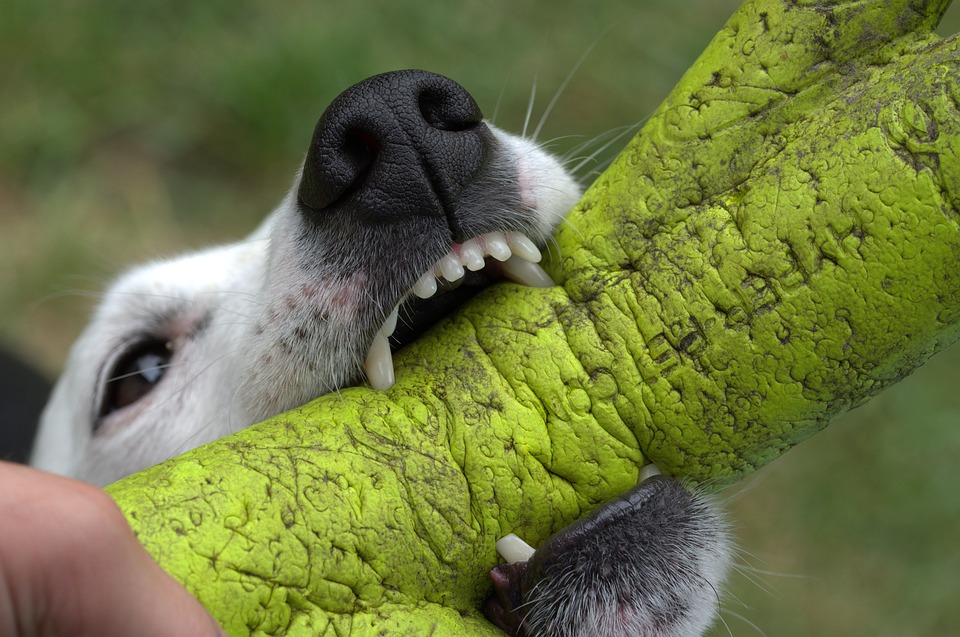While thousands of animal bites are reported to local health departments and animal control offices in Virginia each year, many of these are preventable. The most common bites reported are from dogs and cats, but people are sometimes bitten by wild animals. Children can be particularly vulnerable to animal bites. Not only do bites cause pain and injury, but they can also spread infection. Preventing bites means being aware of the risks and learning how to enjoy being around animals without getting bitten. More information about how to prevent bites is available below.

Additional Information
Bite Prevention Tips for Adults and Children:
- Never pet, handle, approach, or feed wild animals.
- Educate yourself and your children on if, and how, to approach a dog or animal.
- Never approach an unfamiliar dog without asking the owner.
- If you do have permission to approach:
- Let the dog sniff your hand first before petting it.
- Approach politely and quietly with a relaxed demeanor.
- If you do have permission to approach:
- Animals communicate with their body language- PAY ATTENTION.
- Body language indications that a dog may be likely to bite:
- Tensed body
- Stiff tail
- Drawn back head and/or ears
- Furrowed brow
- Yawning
- Flicking tongue
- Intense stare
- Backing away
- Eyes rolled so whites are visible
- If you recognize these signs or feel uncomfortable, do not run away and/or scream. Try to put something (purse, backpack, jacket, etc.) between yourself and the dog.
- If you do become knocked over, roll into a ball and cover your ears and neck with your hand. Remain motionless.
- Body language indications that a dog may be likely to bite:
- Do not approach a dog while they may feel threatened, protective, or territorial (sleeping, chained, eating, playing with a toy, caring for puppies, injured etc.).
If you or your child has been bitten:
- Immediately wash your wound with soap and water and seek proper medical attention.
- Anyone who is bitten by an animal is at risk of getting rabies, therefore contact your local animal control, local health department, or police to report the incident.
How to be a Responsible Pet Owner:
- Spay or neuter your pet as unneutered pets are at an increased risk of biting people.
- Adhere to rabies vaccination guidelines to protect yourself and your pet from rabies.
- Take your pet to routine check-ups at their veterinarian to keep them healthy and well.
- Confine your pet to a defined area such as a fenced yard when it is outside.
- Avoid leaving your pet chained for long periods of time as this could increase likelihood of aggressive behavior.
- Avoid situations that may cause your pet to feel threatened or teased.
- Properly train your pet to obey commands such as “sit”, “stay”, and “come.” Safely socialize your pet to other animals and people of different ages.
Opens pdf to download
Opens document to download
Opens in a new window
External link will open in new window. Click link to exit Virginia Department of Health Website.
Last Updated: September 19, 2023

